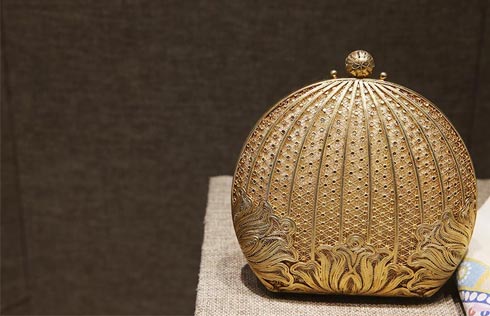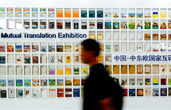Books help turn a new page
Hanging above the doorway of the Central Party School bookstore is a board that reads: "Leaders and cadres should love reading, read good books and be good at reading." It is a quote from a speech delivered in 2009 by the school's principal at the time, Xi Jinping.
At the opening ceremony of the Party School's new semester on Friday, Xi, now the Party's top leader, urged officials to never stop studying. "We should learn from the people, from the experts and scholars, and also from the experiences of other countries," he said.
Xi himself is a bookworm. Shi Chunyang, 59, Party secretary of Liangjiahe village in Shaanxi province where Xi stayed from 1969 to 1975, said Xi spent a lot of his free time reading.
Premier Wen is well known for his addiction to Meditations, which maintains that by putting aside great passions, unjust thoughts and indulgences, a person can acquire virtue and live at one with nature. Wen said he always has the book by his bedside and has read it around 100 times.
"Reading can change a person's life; a person who reads can change the world. But a person who does not read has no future, and a nation without reading has no future," he said.
Wang Yang, a member of the Political Bureau of the CPC Central Committee, the Party's core leadership, has often expressed his admiration for The World is Flat: A Brief History of the Twenty-first Century by Thomas Friedman.
In 2008, Wang, then Party secretary of Guangdong province, a region at the forefront of China's market reforms, invited The New York Times columnist and bestselling author to visit Guangzhou, the provincial capital. Wang told Friedman the book had deepened his understanding of the Internet and economic globalization.
"China is part of the world and can't be independent from the course of global civilization. The Party and Chinese society are undergoing a period of transition and we have to learn from the West, which has already been through what we are going through right now," said Cai Xia, a professor who specializes in party-building theory at the Central Party School.
"Marxism is very important, but it doesn't provide all the knowledge we need. Ancient Chinese wisdom is also valuable, but is not enough either," Cai said.
However, she noted that the problem today is not that officials learn too much about Marxism, but that they often understand the theories in a very dogmatic way and thus are easily bored by them.
"If you read the original pieces, you'll find the books are full of self-reflection and self-criticism, which are greatly needed by the Party today," she added.
















